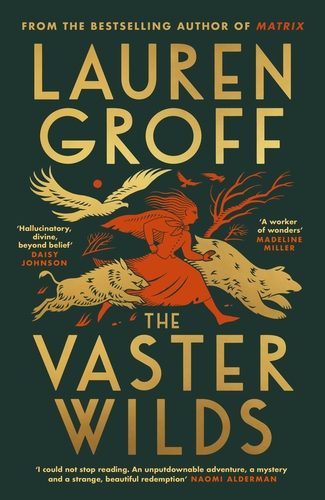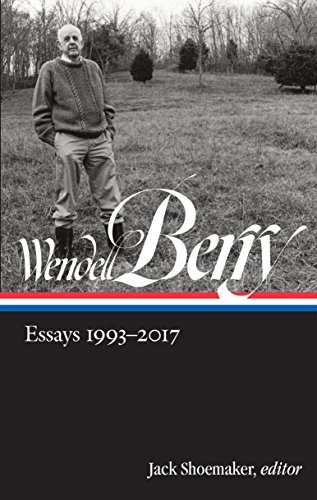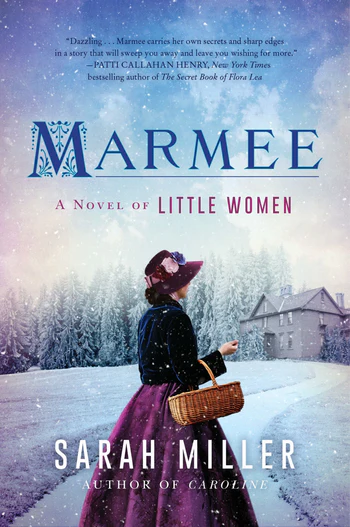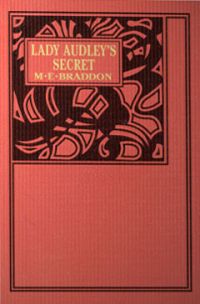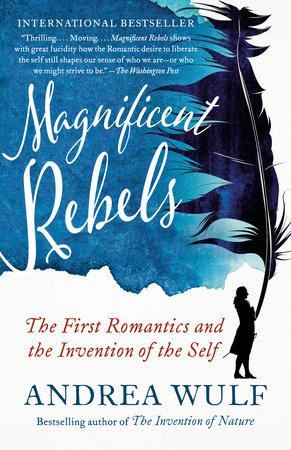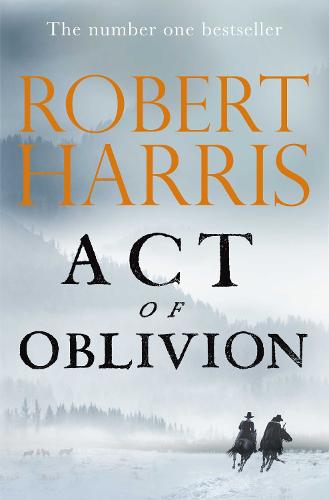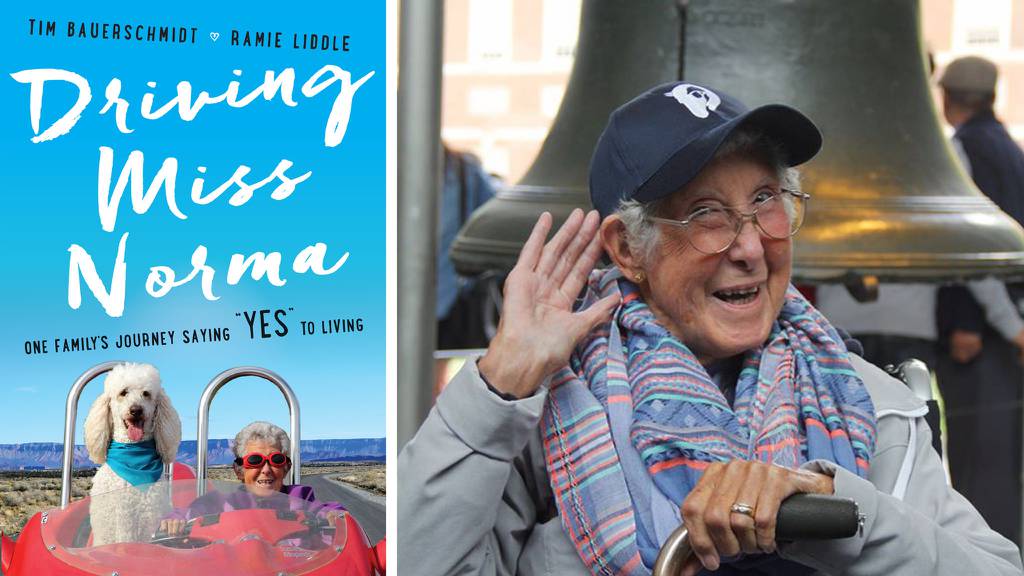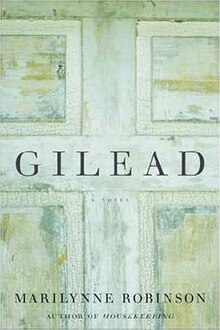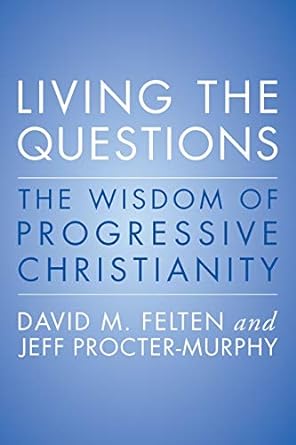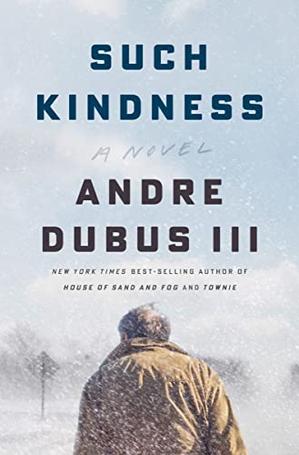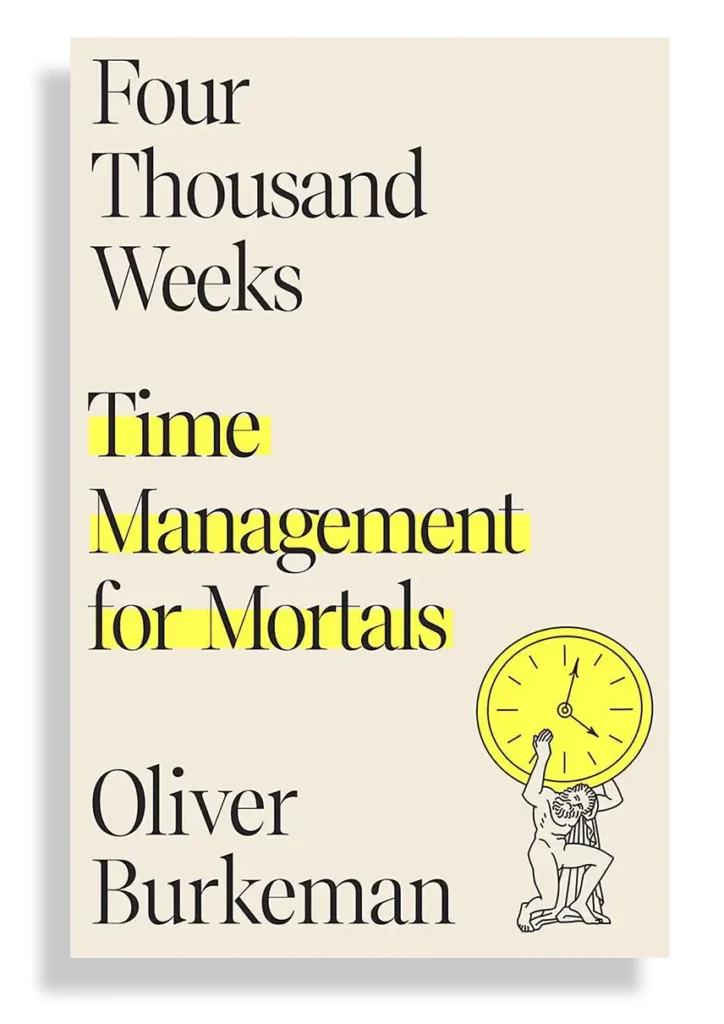2023 was a really good reading year for me. Many intellectually rich 5-star reads, and a few lighter, more fun ones.
Wendell Berry: Essays, 1993-2017
This would not be a 5-star read for everyone. Berry’s writing style is very accessible, but also idea-dense. He’s an agrarian philosopher. So, he supports a very localized sort of economic organization, in which a community could subsist on its own agricultural production and where processing – such as sawmills, meat-packing, and grain processing – are also local. He also writes thoughtfully on other topics, such as the Gospels, abortion, and the intellectual errors of atheism. His focus is on real lives, lived by real human beings. He doesn’t care for abstract religion, abstract global theories, reductionism of any kind, or – especially – big, untested ideas that we are assured will pay off in the future. I didn’t read every single essay in this collection, and it still took me a long time to read because it is so rich in ideas. If you’re looking for a bit of an intellectual challenge, I highly recommend this book.
This book retells Little Women from Marmee’s perspective, in the form of her journals from 1862 to 1868. I generally don’t like books told in the form of either journals or letters, but I loved this one.
Marmee uses her journals in exactly the way I use my own. She describes what is happening in her life – and in the nation, during an important historical era – but she also uses her journals to examine herself and build her own character.
We get a more fleshed-out Marmee in this telling than in Little Women, and some back story on the family’s poverty. I absolutely loved Marmee as a character. She is constantly trying to improve herself, she loves her family fiercely, and she never stops trying to make the world a better place. I especially love the way she showed respect for the destitute Mrs. Hummel, whose cause she adopts but whom she never condescends to.
Lady Audley’s Secret
Funny story about why I read this book. As a child, I was a huge fan of the Betsy-Tacy books. In the fourth book in the series, Betsy and Tacy Go Downtown, the girls get in trouble for borrowing Lady Audley’s Secret from Betsy’s mother’s hired girl. The girls’ parents think the book is salacious.
I always thought the name of the book was made up. As soon as I found out it was a real book, I had to read it.
I don’t usually love nineteenth-century literature. I generally find it melodramatic and verbose. But this book really drew me in. Most readers will figure out Lady Audley’s secret within the first two chapters. But there is a surprising twist at the very end. And the fun of the book is watching her second husband’s nephew figure it out and then play cat-and-mouse with the deceptive lady.
Magnificent Rebels
A friend lent me this book. Another intellectually-dense one, but the writing is brisk and sprightly, doesn’t go into too much tedious detail, and is written like a novel, even though it is non-fiction.
Wulf takes as her subject the German Romantics of the early nineteenth century, bringing these philosophers and writers to life as characters. She especially focuses on Caroline-Bohmer-Schlegel-Schelling, a female intellectual who managed to determine her own destiny. We also meet the Schlegel brothers: dutiful diligent Auguste Wilhelm and impetuous Friedrich. And many others, including Goethe, the only guy who managed to stay friends with all of them.
These characters all met in the small German town of Jena in the 1790s. Inspired by the French Revolution and dreams of democracy, they thought and wrote and argued. They were friends, enemies and frenemies. Their story was fascinating, and their influence of how we see ourselves today was profound.
Act of Oblivion
The year is 1660 and the Royalists have returned to power in England Edward Whalley and his son-in-law William Goffe, colonels in Cromwell’s army, must now escape to North America.
This novel reminded me a little of Les Miserables. All of the events flow from the English Civil War, just as all events in Les Miz flow from the Napoleonic Wars. And the Royalist detective Naylor is Javert-like in his determination to track down Whalley and Goffe.
Over the course of many years in exile, Whalley and Goffe stay on the run, moving from one safe house to another and often living in the wild. Naylor is always just a few steps behind them. Meanwhile, Whalley’s daughter and Goffe’s wife, Frances, struggles to raise her children alone and in poverty back in England.
Interesting characters, clear conflict, historical veracity and unflagging action make this book a ripping yarn.
Driving Miss Norma
This book was the selection of my church book club in May. It’s not something I’d have chosen myself and I wasn’t expecting much. I thought it would be kind of silly and sappy. A feisty old lady having late-life adventures isn’t news any more; it’s kind of cliche. But I was surprised by how much I enjoyed Norma’s true story.
Norma received a cancer diagnosis not long after losing her husband and her daughter in pretty quick succession, and her doctors recommended a course of treatment that sounded brutal. Her son and daughter-in-law, who spent most of their years travelling around in their Airstream camper, offered her an alternative: Come along and travel with us. Make your last months about fun instead of about treatment.
Norma doesn’t just have adventures. She, and her son and daughter-in-law, become closer and experience personal growth through their experiences. Tim and Ramie are careful to always leave choices in Norma’s hands. A beautiful and sensitive story, well told.
Jane Eyre
My favorite book of all time. I first read it when I was 11, and loved it so much that when I finished it I immediately went back to the beginning and read it again! I have read it four times since then as an adult.
Reading the book as a mature woman, I admire Jane as much as ever. But I am appalled by Rochester. He has all the power in the relationship. And yet he plays coy with Jane, trying to manipulate her into self-disclosure while guarding his own secrets.
But Bronte does this amazing thing for a 19th-century woman: she insists, absolutely insists, that Jane must be allowed to make her choice. Her readers and fervent fans such as myself may feel that it is a poor choice. But Bronte insists that we respect Jane’s autonomy. And she delivers subtle messages about abstract morality versus lived morality.
I still love this book, in spite of Bronte’s wordy, flowery 19th-century style. Any book that can speak truth to an 11-year-old child, a middle-aged moralistic parent, and a mature woman expecting to meet her God in the not-too-distant future, is surely a moral, religious and literary treasure. 5 stars in 1967, 5 stars in the 1990s and 2000s, 5 stars in 2023, 5 stars forever. BEST. BOOK. EVER.
Gilead
This was another re-read. 76-year-old Congregationalist Reverend John Ames is dying of heart disease in 1956, leaving behind a much younger wife, and 8-year-old son, and no estate to speak of. As a legacy, he decides to leave behind a memoir for the boy. He starts with his family history, including his Civil War firebrand grandfather and pacifist father. Ames writes movingly of the late-19th-century world of his boyhood, when the wounds of the Civil War were still bright red and painful.
Ames’ memoir-writing is disrupted when Jack Boughten returns to town. Jack is the son of Ames’ best friend. But he was troubled as a child and young man and committed an act so abhorrent that he left town and never returned until now. Ames must wrestle with his strong dislike of this returned prodigal son, and his suspicion that Jack is way to interested in charming his own wife and son.
I loved Ames’ gentle, powerful, moving voice in this book. And it was so full of spiritual insight that I did the same thing on this reading that I did with my first reading of Jane Eyre: I went back to the beginning and immediately read the whole book again!
King: A Life
This biography of Martin Luther King Jr begins with his paternal grandparents. I liked that. I have an interest in family history, and I’m always interested in how our families form us.
Eig does a great job of showing how MLK became the right man in the right place at the right time in American history. He follows his subject through his early life and the birth of the Civil Rights movement. Eig documents the movement in detail, writing it like the epic that it was. He gives credit to others where it is due, but he also focuses on the importance of Dr. King’s moral character, personal magnetism and prophetic vision. I also liked how he brought out the way that the movement continued to form King’s character, which was equally important. He doesn’t gloss over the occasional plagiarism, nor King’s sexual infidelity. He gives us the man in full, a man who was a great leader in spite of his flaws.
The Vaster Wilds
The heroine of this story is an indentured servant. She has no name, but the family she serves call her Zed. Early in the seventeenth century, while still in her early teens, the family brought Zed from England to the wilds of the Massachusetts colony.
The novel begins when Zed is escaping the colony. We don’t learn the exact reason for her flight until later in the story. But the little fortified settlement where Zed lives is failing from plague and famine. On a cold night in March, Zed flees, wearing a pair of stolen boots and carrying with her the tools she will need to survive in the wilderness.
The story of her attempts to survive is told beautifully and brutally. This brave, resourceful girl endures, cold, hunger, and attempted attacks by beasts, both human and non-human. The reader gets a stark sense of what it took for anyone to survive at a starving time of year and utterly alone. The descriptions of the wilderness and the sheer physical work of living in it are magnificent.
Living the Questions: The Wisdom of Progressive Christianity
I wish I had read this book ten years ago. My husband and I had begun to feel out of synch with the increasingly conservative positions of the church that we’d belonged to for over twenty years. I still felt like a Christian, but I couldn’t take the Bible literally, and a lot of traditional Christian theology had ceased to make sense to me.
Ultimately, I became comfortable with both loving Jesus and doubting a lot of Christian theology. I became comfortable with not knowing, with living the questions. I came to see faith as a process. My husband and I also found a church that was more hospitable to our evolving version of faith.
All of that would have been so much easier if I’d had this book when I started my journey. It is a great primer on progressive Christianity, an approach almost identical to how I now understand God. But it also goes a lot deeper than I had gone on my own, and gave me some new food for thought.
Such Kindness
Tom Lowe is really, really down and out. After falling from a roof and breaking his hip, he lost his building business, his house, and his marriage. As the story opens, he’s living in subsidized housing, recently recovered from opioid addiction, and spends most of his days lying on a couch made out of wood planks, his hips in agony. His car has been impounded for unpaid fines.
Two events – realizing that he’s hit bottom by contemplating credit card fraud, and the devastation of losing his last link to his previous life as a builder – cause the beginning of a change in Tom. Determined to make contact with his estranged son, he embarks on a journey that will see him walking miles along highways on his burning hips, riding along with a friend on a bank caper, and spending a weekend in jail.
Along his way, he will be awed by the small kindnesses he receives from strangers (and from people with reason to hate him) and begin to glimpse a path back to usefulness for himself.
I loved this book. Tom felt very real. His circumstances are dire, but he manages to complete an inner journey that all of us face as we age: acceptance of what is as opposed to what we hoped for, and how to remain useful and find meaning in life as we age and decline.
Four Thousand Weeks: Time Management for Mortals
This is a different kind of time-management book. It starts with the premise that we will never accomplish everything that we need to do. And then it uncovers the fallacies behind most time-management approaches.
In the end, you’re still going to have a to-do list. And Burkeman does give some old-fashioned time-management advice (like, try not to be juggling too many projects at once). But this book is refreshing, because it starts with Heidegger (yes, really!) and then moves on to the central lessons that we have to accept where we are in each moment and we have to accept that our time on earth is limited and we are always making choices.

